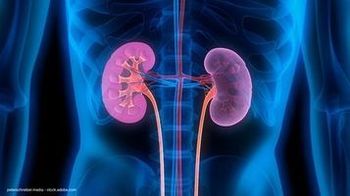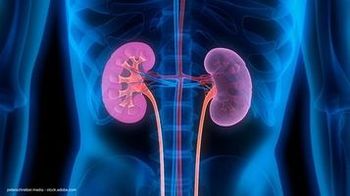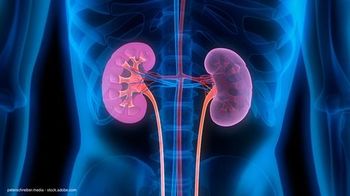
5-ARI not cost-effective for preventing prostate Ca
The 5-alpha reductase inhibitor dutasteride (Avodart) may not be a cost-effective way to prevent prostate cancer in men who are at elevated risk of developing the disease, according to a recent study.
The 5-alpha reductase inhibitor dutasteride (Avodart) may not be a cost-effective way to prevent prostate cancer in men who are at elevated risk of developing the disease, according to a recent study.
Investigators found that the medication, at an annual cost of $1,400, is impractical when compared with the marginal impact on survival and quality of life in at-risk groups.
"Because prostate cancer is the most common cancer in men, the implications of this data are significant since there could be millions of men who would be eligible for anti-cancer drugs," said co-author Yair Lotan, MD, of the University of Texas Southwestern Medical Center, Dallas. "Prior to instituting a chemoprevention strategy to a large population, the utility and cost need to be well understood. Whether a medication improves survival, how it affects quality of life, and what its financial implications will be are all critical issues. Because dutasteride typically is prescribed for the lifetime of the patient, and therefore taken daily for decades, the cost issue is particularly relevant."
Dr. Lotan and colleagues used a Markov probability model to compare the lifetime cost of taking dutasteride with no therapy. They used data from the Reduction by Dutasteride of Prostate Cancer Events trial and studies that evaluated outcomes of patients with prostate cancer, including treatment-related complications to create the model. The primary outcome was measured in quality-adjusted life years.
"The study found that dutasteride was not cost-effective for chemoprevention unless and until a strategy is developed for targeting very high-risk patients and the cost of the drug decreases," Dr. Lotan said. "For the average man, the drug provides minimal survival benefits, and the reduction on treatment-related complications does not compensate for the high costs of every man taking the drug for many years."
In December 2010, an FDA Oncologic Drugs Advisory committee voted against the use of dutasteride and another 5-alpha-reductase inhibitor, finasteride (Proscar), for reducing the risk of prostate cancer. Both drugs are currently approved by the FDA for treatment of symptomatic BPH.
Results from the study were published in Cancer Prevention Research (2011; 4:277-83).
Newsletter
Stay current with the latest urology news and practice-changing insights — sign up now for the essential updates every urologist needs.





